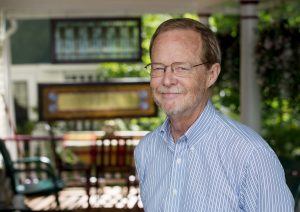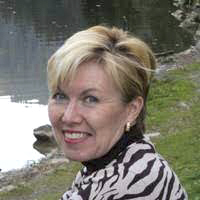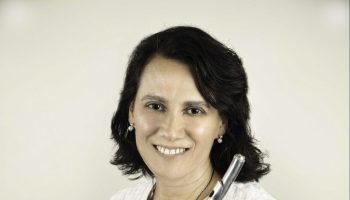On July 9, 1848, in Waterloo, New York, five women with no political influence had a simple tea party.

They shared their thoughts with one another. In their time as abolitionists, these women had faced unfair treatment and gendered segregation at abolitionist conventions. They were exasperated. So, over their teacups, they devised an idea: What if we had our own convention?
At the Wesleyan Chapel in Seneca Falls, New York, in July 1848, these women hosted the First Women’s Rights Convention. There, men and women alike joined to speak on the unfair treatment of women in society. They wanted to broadcast their frustration, so they put pen to paper.
The fact that five unknown women could take action on issues of concern to them and go forth and take risks, I think is a message to all of us,” Swegan said. “The challenge to us who live in the current days, is how do we take action on our belief, put those out in front of the public, take risks associated with it.”
The Declaration of Sentiments was framed as a revised version of the Declaration of Independence, including “and women” to the 1776 statements about the rights of men. It addressed women’s suffrage, women’s right to own property, and women’s equal treatment in society. One hundred people signed the document at the end of the convention — 68 women and 32 men.
A simple tea party among five regular women sparked the women’s suffrage movement, and ultimately the 150-year overhaul of women’s status in the United States.
One of these women was Mary Ann M’Clintock, who hosted organization efforts in her own home. Her and her husband, Thomas, are among the names signed at the end of the Declaration. Their descendent, Chautauquan Rick Swegan, is working to keep this story alive.
“The fact that five unknown women could take action on issues of concern to them and go forth and take risks, I think is a message to all of us,” Swegan said. “The challenge to us who live in the current days, is how do we take action on our belief, put those out in front of the public, take risks associated with it.”
Swegan will discuss the history of the beginning of the suffrage movement at 3:30 p.m. EDT, Friday, July 24, on the CHQ Assembly Video Platform as a part of the Heritage Lecture Series.
In 2016, Swegan gave a similar lecture for the Chautauqua Women’s Club, sharing the stories of his M’Clintock ancestors. Jon Schmitz, Institution historian and archivist, and organizer of the Heritage Lecture Series, said that Swegan’s return to the archives series has been in the works for a year.
“(Swegan) had proposed the lecture to me last summer. I liked the suggestion because it tied in with the 100th anniversary of the 19th Amendment, but with a different approach,” Schmitz said.
Rather than looking at the early 20th century suffrage movement itself, Swegan said that he will discuss the pre-Civil War activities that sparked it. He will examine the intellectual antecedents that shaped their ideology, and how many suffragists emerged from the existing abolitionist movement.
Even as the Institution moved its programming online due to the COVID-19 pandemic, Swegan chose to continue with the presentation, but this time as a pre-recorded presentation for CHQ Assembly.
“Rick was scheduled to speak in the original 2020 Heritage Lecture Series, and while we were not wishing to bring speakers onto the ground, Rick was going to be here for the summer regardless,” Schmitz said. “I am grateful that Rick was able to alter his plans in order to quarantine himself for 14 days before recording.”
This series is made possible with a gift from Jeff Lutz and Cathy Nowosielski.




